Brazil Blocks Elon Musk’s X: Legal Battle Intensifies
Brazil has blocked Elon Musk’s social media platform, X, making it nearly inaccessible online and through mobile apps.
This drastic move comes after Musk refused to appoint a legal representative in the country, triggering a months-long dispute between him and Brazilian Supreme Court Justice Alexandre de Moraes.
Join our WhatsApp ChannelThe conflict centres around issues of free speech, far-right accounts, and misinformation.
Justice de Moraes issued the suspension order on Friday, leading Brazil’s telecommunications regulator, Anatel, to instruct internet service providers to block access to X.
By early Saturday, major operators had complied, leaving millions of users without access.
Elon Musk vs. Brazilian Judiciary
In his ruling, de Moraes criticised Musk, stating, “Elon Musk showed his total disrespect for Brazilian sovereignty and, in particular, for the judiciary, setting himself up as a true supranational entity and immune to the laws of each country.” De Moraes ordered that X remain suspended until it complies with the court’s demands.
Additionally, he imposed a daily fine of 50,000 reais for users attempting to bypass the ban using VPNs.
Musk’s refusal to comply stems from his stance as a “free speech absolutist.” He has accused de Moraes’ actions of censorship, a view echoed by many on Brazil’s political right.
“This is a sad day for X users around the world, especially those in Brazil, who are being denied access to our platform. I wish it did not have to come to this – it breaks my heart,” said X CEO Linda Yaccarino on Friday night.
Past Clashes and Future Consequences
This is not the first time X has clashed with Brazilian authorities. Previously, the platform had been ordered to block accounts linked to far-right figures, including supporters of former President Jair Bolsonaro.
These accounts were accused of spreading misinformation and undermining democracy.
READ ALSO: US Court Drops $258bn Lawsuit Against Elon Musk Over Alleged ‘Crypto Pyramid Scheme’
Musk has frequently criticized de Moraes on X, labeling him a dictator and a tyrant. In response, de Moraes justified his actions by citing Brazilian law, which requires internet companies to have a local representative to handle legal matters, especially concerning the removal of illegal content.
The block on X is not an isolated case in Brazil’s history. In the past, the country has taken similar actions against other platforms like WhatsApp and Telegram when they failed to comply with legal requests.
However, the decision to target X, a platform with 40 million Brazilian users, raises significant concerns about free speech and the limits of judicial power.
Public and Legal Reactions
As the news of the shutdown spread, Brazilian X users scrambled to find ways to access the platform, primarily through VPNs.
The legality of enforcing fines against these users remains unclear. “This is an unusual measure, but its main objective is to ensure that the court order to suspend the platform’s operation is, in fact, effective,” said Filipe Medon, a digital law specialist at the Getulio Vargas Foundation in Rio de Janeiro.
Meanwhile, Brazilian influencer Mariana de Souza Alves Lima, known as MariMoon, announced to her 1.4 million followers on X that she plans to switch to a rival social network, BlueSky.
This move highlights the potential for users to migrate to other platforms, which could further diminish X’s influence in Brazil.
Starlink and Further Escalation
In a related development, de Moraes froze the finances of Starlink, Musk’s satellite internet provider, preventing the company from conducting transactions in Brazil.
Starlink, which has over 250,000 customers in the country, called the decision “unfounded” and argued that it was unconstitutional. Musk responded with sharp criticism of de Moraes, calling him “an outright criminal of the worst kind, masquerading as a judge.”
Musk later vowed to provide free internet service in Brazil through SpaceX until the issue is resolved. However, the freeze on Starlink’s assets has sparked debate. “Yes, of course, they have the same owner, Elon Musk, but it is discretionary to consider Starlink as part of the same economic group as Twitter (X).
They have no connection, they have no integration,” commented Luca Belli, coordinator of the Getulio Vargas Foundation’s Technology and Society Centre.
The situation remains tense, with both sides standing firm. The outcome of this legal battle will likely have far-reaching implications for the operation of social media platforms in Brazil and the broader debate on the limits of free speech in digital spaces.
Emmanuel Ochayi is a journalist. He is a graduate of the University of Lagos, School of first choice and the nations pride. Emmanuel is keen on exploring writing angles in different areas, including Business, climate change, politics, Education, and others.





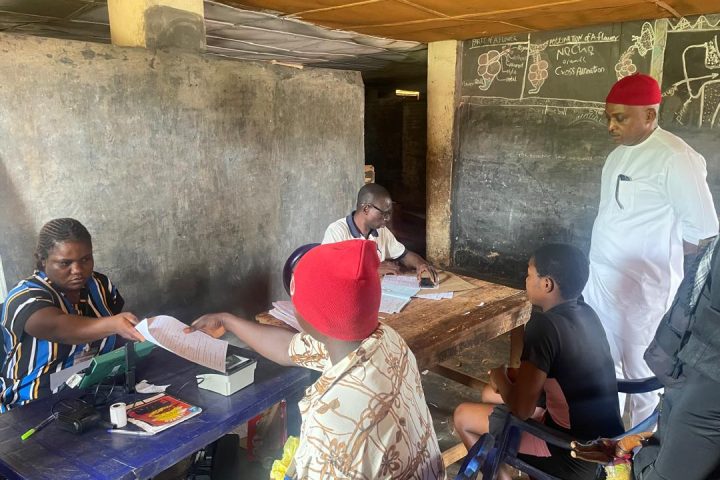
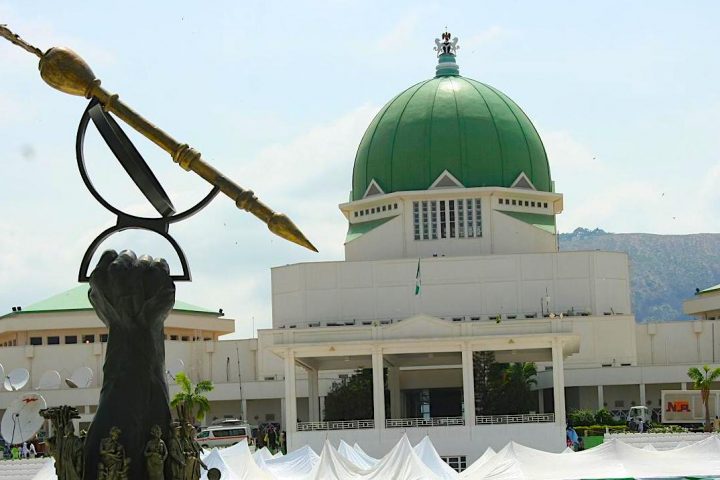

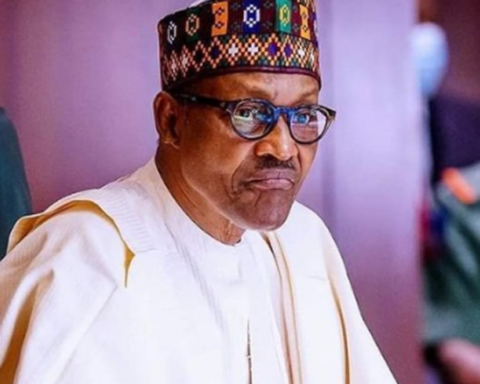







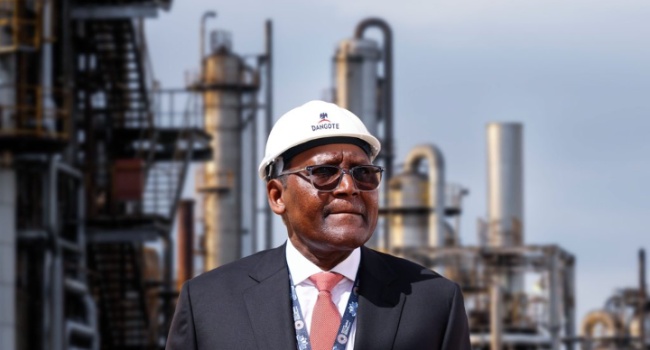
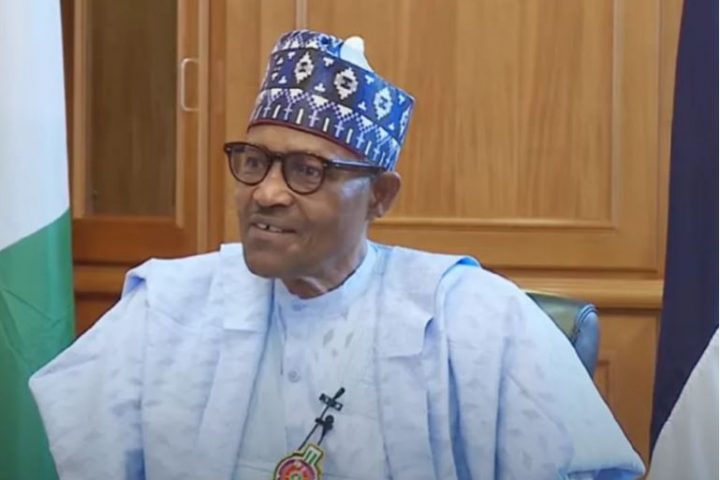

Follow Us